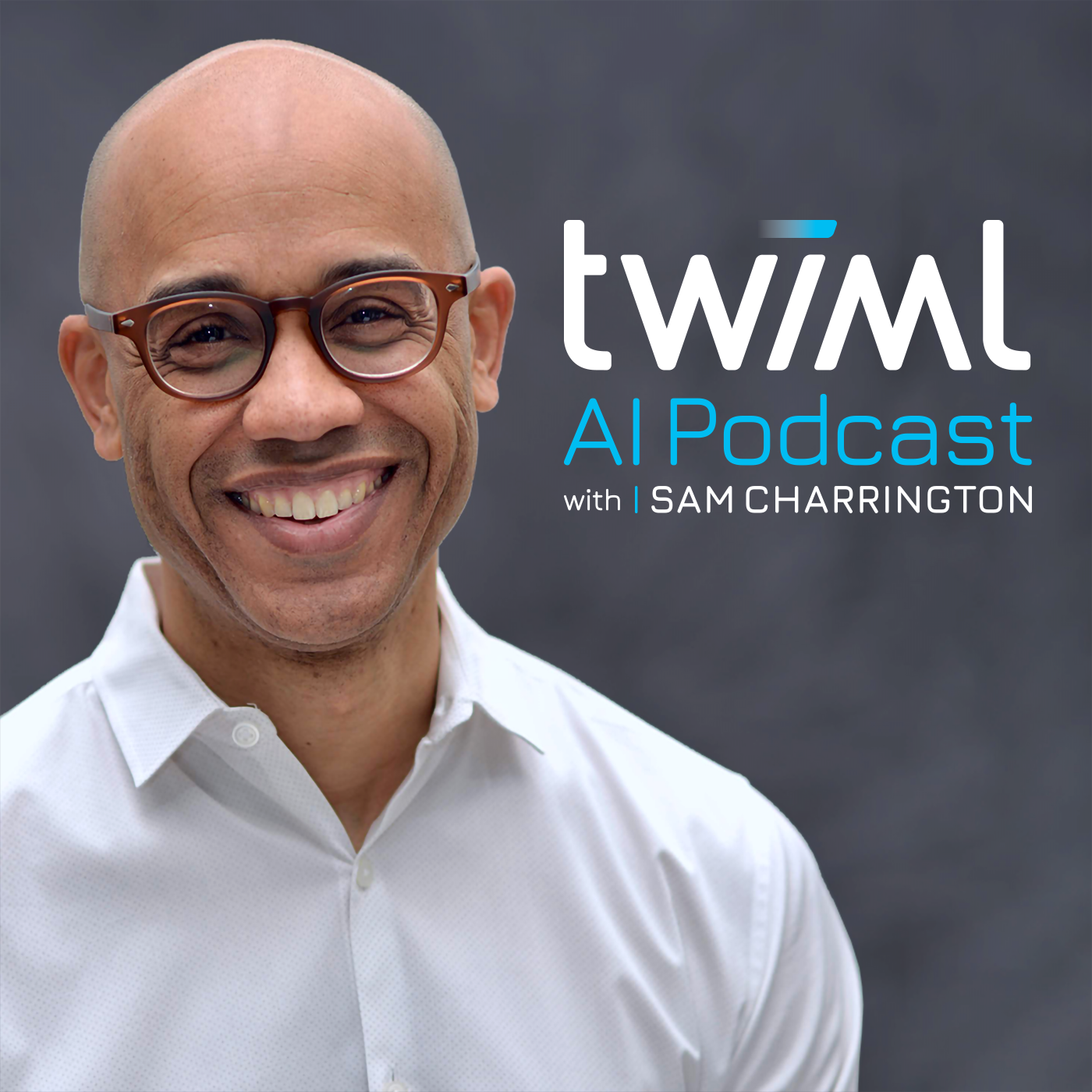Unifying Vision and Language Models with Mohit Bansal
Today we're joined by Mohit Bansal, Parker Professor, and Director of the MURGe-Lab at UNC, Chapel Hill. In our conversation with Mohit, we explore the concept of unification in AI models, highlighting the advantages of shared knowledge and efficiency. He addresses the challenges of evaluation in generative AI, including biases and spurious correlations. Mohit introduces groundbreaking models such as UDOP and VL-T5, which achieved state-of-the-art results in various vision and language tasks while using fewer parameters. Finally, we discuss the importance of data efficiency, evaluating bias in models, and the future of multimodal models and explainability.
The complete show notes for this episode can be found at twimlai.com/go/636.

